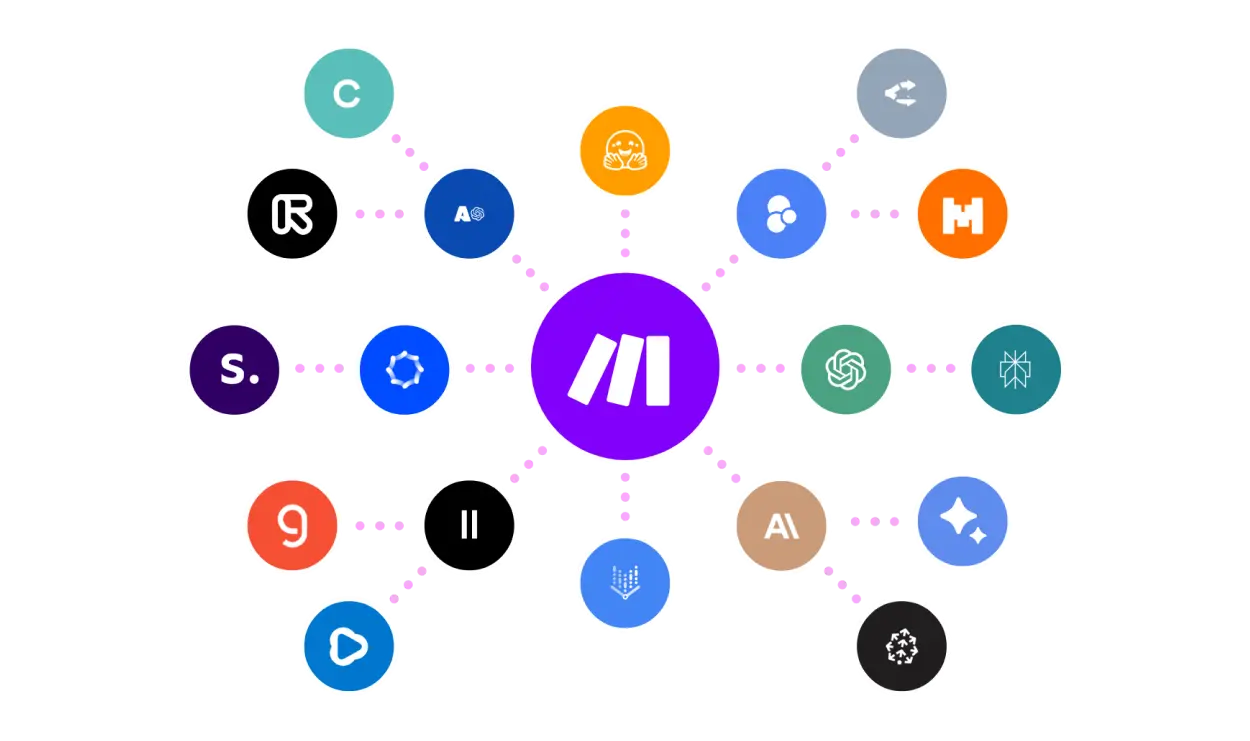Understanding JavaScript Beginner Mistakes: How to Avoid Blunders and Boost Your Skills
JavaScript is a powerful programming language widely used for web development. However, beginners often stumble upon a myriad of JavaScript beginner mistakes that can hinder their learning process and overall progress. Avoiding these common errors not only streamlines your coding journey but also builds a strong foundation for advanced programming skills.
In this article, we’ll dive into some of the most frequent mistakes made by novice JavaScript developers and learn effective strategies to overcome them.
Common JavaScript Syntax Errors
One of the most frequent JavaScript mistakes among beginners is syntax errors. These errors occur when the code does not conform to the correct structure. Here are a few examples:
- Missing Semicolons: Semicolons are essential in JavaScript to separate statements. Failing to include them can lead to unexpected behaviors.
- Misplaced Curly Braces: Curly braces (
{}) are critical in defining code blocks. Misplacing them can cause logic errors or syntax errors. - Incorrect Variable Declarations: Forgetting to use keywords like
let,const, orvarwhile declaring variables can lead to unintended global variables.
A useful resource for mastering JavaScript syntax is the Mozilla Developer Network (MDN) JavaScript Guide.
Tips to Overcome Syntax Errors
- Use a code editor with syntax highlighting.
- Practice writing clean, well-indented code.
- Run your code frequently to catch errors early.
Overlooking Variable Scope
Another typical mistake is misunderstanding the scope of variables. JavaScript has function scope and block scope, and confusing these can lead to bugs.
- Global vs. Local Scope: Variables defined outside any function have global scope, whereas those inside functions are local.
- Block Scope with
letandconst: With ES6,letandconstallow block-scoping, meaning variables are only accessible within the block they are declared.
For a deeper understanding, explore JavaScript Scope on MDN.
How to Master Scope
- Declare variables using
letorconst. - Avoid global variables unless absolutely necessary.
- Familiarize yourself with function and block scope.
Neglecting Error Handling
Error handling is essential for robust applications. Beginners often ignore error management, leading to applications that easily crash.
- Using
try...catch: This construct catches runtime errors, allowing graceful error handling. - Exception Thrown: Not all errors are caught by default; using proper exception handling ensures control over unexpected issues.
Dive into more details with this detailed guide on handling errors in JavaScript.
Effective Error Management
- Always include
try...catchblocks in your code. - Regularly test for edge cases.
- Use logging methods (
console.log,console.error) to trace errors.
Misusing Promises and Async/Await
With JavaScript’s asynchronous nature, mismanaging promises and the async/await syntax can create issues.
- Promise Mismanagement: Failing to handle promise rejections can halt your application.
- Incorrect
async/awaitUsage: Not usingawaitwith functions that return promises results in unresolved promise objects.
For an in-depth exploration, see this introduction to asynchronous JavaScript.
Tips for Asynchronous Code
- Always handle promise rejections with
.catch(). - Use
async/awaitfor cleaner asynchronous code. - Regularly test the performance of asynchronous logic.
Conclusion
Understanding and avoiding these JavaScript beginner mistakes is crucial for any aspiring developer. By mastering syntax, variable scope, error handling, and asynchronous operations, you’ll be well on your way to becoming a proficient JavaScript developer. Remember, every mistake is a stepping stone towards learning, so embrace them as opportunities to grow.
Equip yourself with reliable resources, practice consistently, and challenge yourself with complex coding tasks. As you avoid these pitfalls, you will experience smoother coding sessions and more efficient problem-solving skillsets.
Embark on your journey with the understanding that even seasoned programmers make mistakes, and what matters is continuously learning and adapting.




